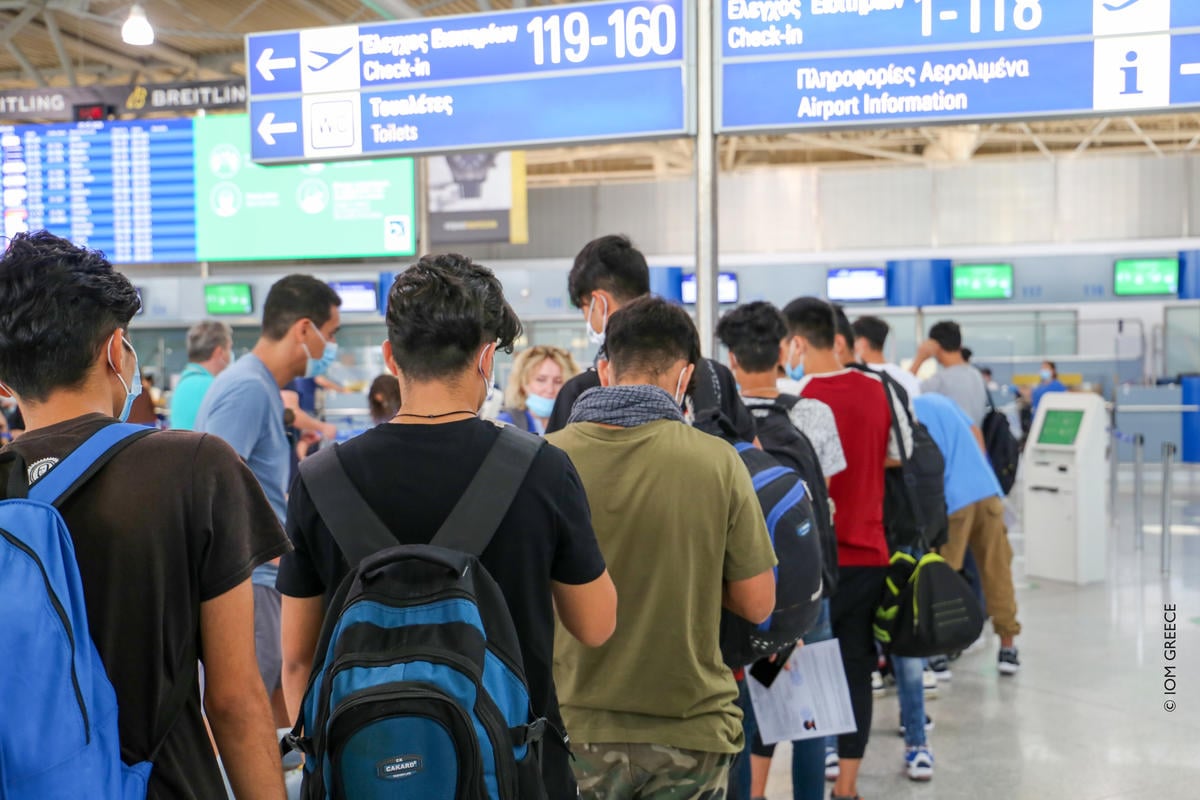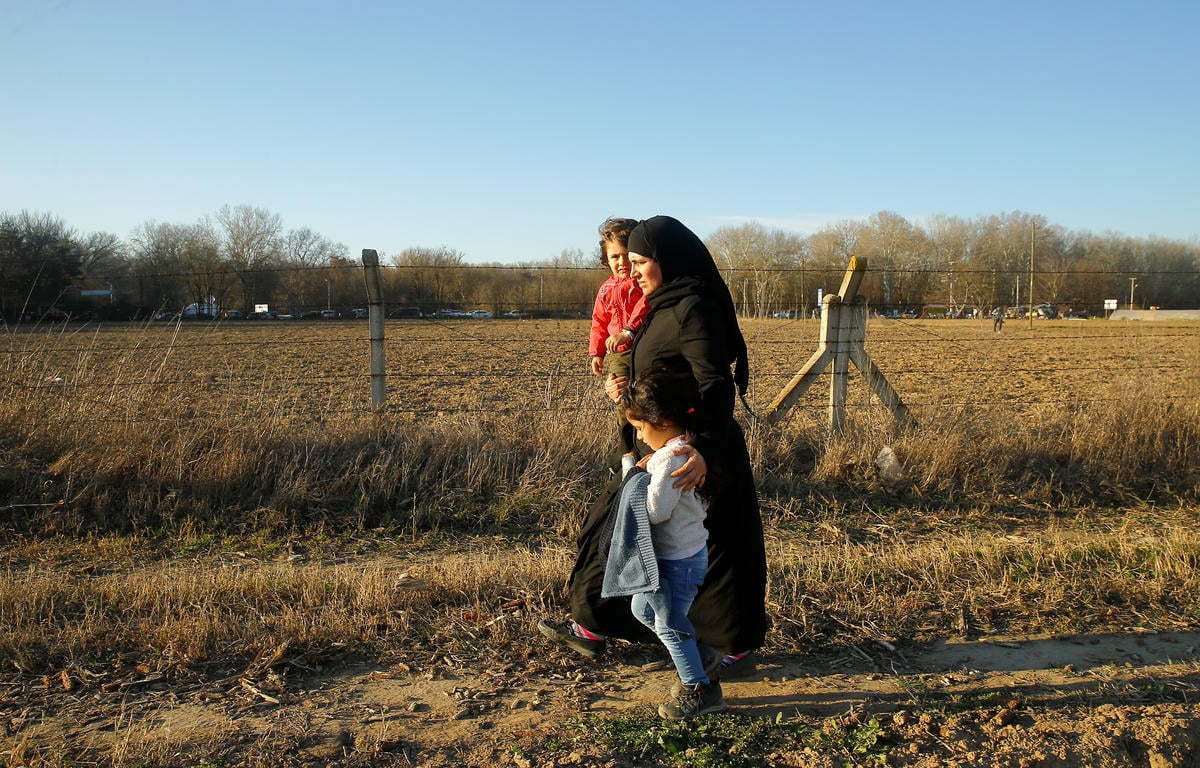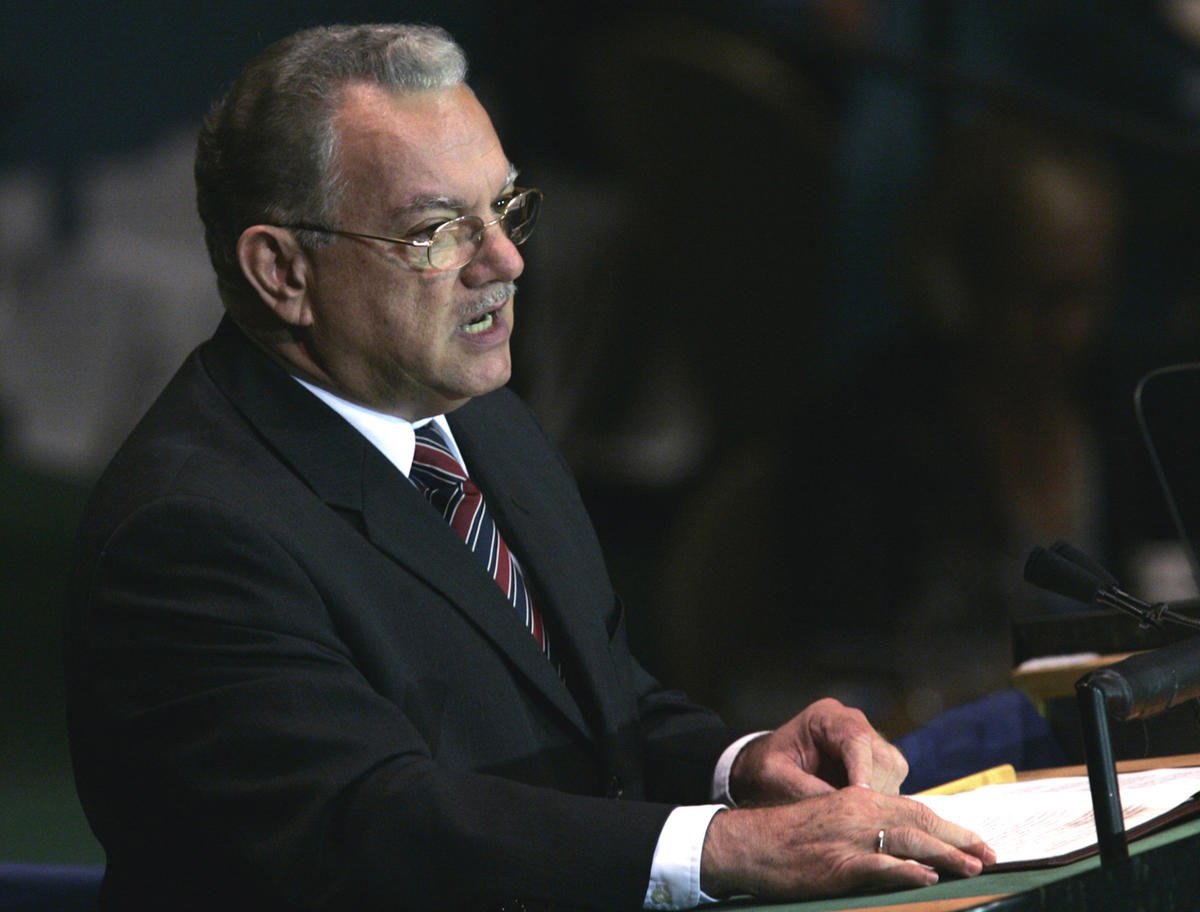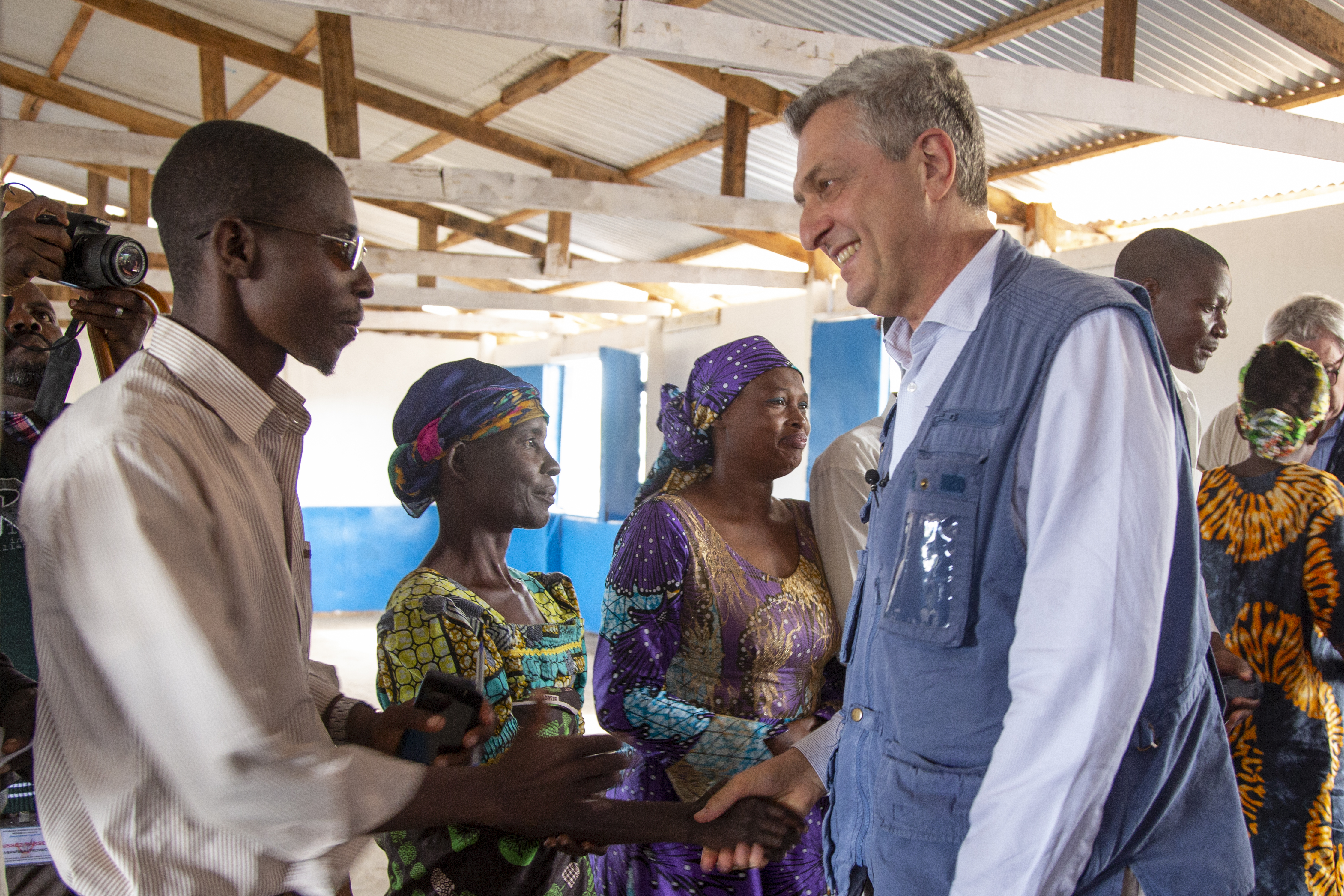Guterres opens international dialogue on asylum and migration
Guterres opens international dialogue on asylum and migration
11 December 2007
GENEVA - UN High Commissioner for Refugees António Guterres on Tuesday opened a two-day meeting of representatives from some 70 nations aimed at better ensuring the protection of refugees among the millions of migrants now on the move worldwide.
Before opening the meeting in Geneva's Palais des Nations, Guterres called for a minute's silence for the victims of two bomb blasts in Algiers on Tuesday morning that left dozens dead, including at least one UNHCR staff member. One of the blasts occurred in a street in front of the UNHCR office and the main UN office in Algiers. (See separate press release: "UNHCR's Guterres condemns Algiers bombings").
"The world's 10 million refugees constitute only a small proportion of the 200 million or more people who are now living outside their own country," Guterres told delegates to the first in a series of High Commissioner's Dialogues on Protection Challenges. "But increasingly, those refugees are to be found in mixed movements, travelling in the same directions, using the same routes and means of transport as migrants."
A major challenge is to ensure that refugees forced to flee violence and persecution are able to find the international protection they deserve as governments worldwide try to grapple with growing migratory movements on their borders, Guterres said. Governments must be able to distinguish between those who are forced to flee and those who choose to move for economic or other reasons.
"We want to ensure that people who are in need of protection have access to the territory of other states, and are able to have their case assessed in fair and effective asylum procedures," Guterres said. "We want to make sure that border controls are implemented in a manner that is sensitive to protection concerns and to the rights of refugees."
Referring to the tens of thousands of boat people who risk their lives each year in the Mediterranean, the Gulf of Aden, the Caribbean and off the coast of West Africa, Guterres said his agency and its partners want to promote measures that will save those who are in distress on the high seas and ensure their safe and timely disembarkation. His comments followed the drownings of at least 51 people in rough seas between Turkey and Greece over the weekend, adding to the hundreds who have died this year in attempts to reach the European Union.
"We want action to be taken to crack down on human traffickers and smugglers, and to ensure that the victims of these crimes are properly protected," the High Commissioner said.
Guterres said this week's UNHCR-sponsored "Dialogue on Protection Challenges" was the first in a series of such meetings aimed at providing governments with an open and relatively informal forum in which they can address some of the major asylum and refugee-related issues facing the world today. Some of those challenges occur against the much broader backdrop of global migration.
"Human mobility is growing in scale, scope and complexity," he said. "New patterns of movement are emerging, including forms of displacement and forced migration that are not addressed by international refugee law. States around the globe are expressing concern about the impact of these developments on their economy, their security and their social cohesion."
Unfortunately, the debate about mobility and migration is not always a rational one, Guterres said, noting that "electoral opportunism, political populism and the sensationalist media have combined to poison the debate on this issue, promoting a sense of fear, intolerance and rejection."
While emphasising that UNHCR is not a migration agency and has no intention of expanding its mandate, Guterres noted that migration nevertheless has "enormous consequences" on his office's ability to exercise its refugee mandate.
"By creating a global environment in which migrant rights are respected, we will also be creating an environment in which UNHCR can more effectively exercise its mandate for refugee protection and solutions," he said.
"We must recognize that in the current and very dynamic phase of the globalization process, migration is inevitable. It is probably an illusion to believe that goods, capital, services and information can move increasingly freely across state borders without a simultaneous expansion in the scale and scope of human mobility."
Guterres noted that the perception that migrants and refugees move only from South to North is mistaken. The majority of the world's refugees are to be found in developing countries, and some of the largest migratory movements take place within the South.
International migration cannot be effectively managed by border controls or by migration policies alone, he said. A more coherent, comprehensive and integrated approach is required, with particular attention given better coordinated and more targeted development cooperation programmes focused on poverty reduction, job creation and the strengthening of public and community services. Greater efforts are also needed to address the challenges of conflict prevention, conflict resolution and peacebuilding. International trade must become a true instrument of development. And new initiatives are needed to mitigate the effects of climate change and to enable communities to adapt to changes in their environment.
"I encourage states to acknowledge the need to balance effective border controls with the provision of additional legal migration opportunities," Guterres said. "In an environment where irregular migration prevails, human traffickers and smugglers are bound to prosper. Irregular migration can only be curtailed if people who want to move are given the chance to do so in a safe and legal manner. "








